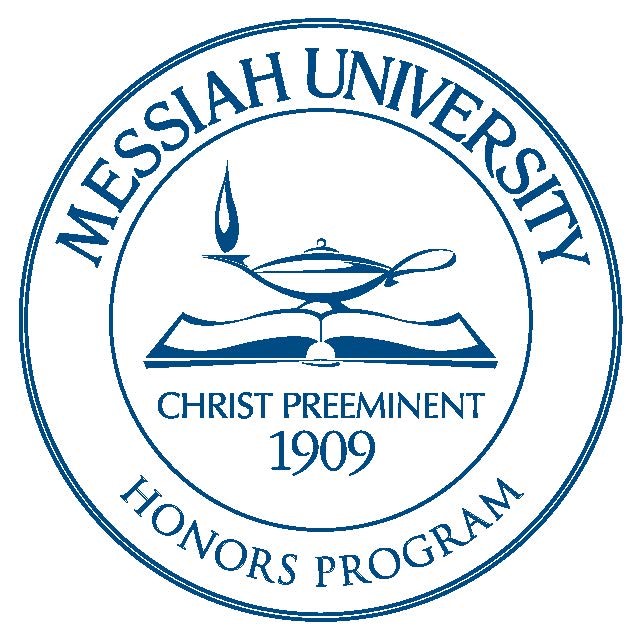Date of Award
2013
Document Type
Thesis
Degree Name
Bachelor of Science (BS)
Department
Biological Sciences
First Advisor
Erik Lindquist
Abstract
Native bee presence is important to the agricultural success of Helianthus annuus (sunflower) crop production; native bees increase both the efficiency of pollination and crop yields. This study determined how attractive different densities of sunflower crops were to native pollinators at Messiah College’s sunflower field in Grantham, PA and whether this particular sunflower field was being pollinated sufficiently. By sampling thirty 10x10m plots with low sunflower density (≤185 sunflowers), thirty plots with high sunflower density (>185 sunflowers), and thirty plots with zero sunflower density at a comparable reference site of wild meadow habitat, the existing wild bee community was analyzed. We found that the abundance of bees visiting the sunflowers was significantly higher (<0.001) than in the natural habitat, but that the sunflowers only attracted a select list of 14 species out of a total 37 species collected. Species diversity was significantly less in sunflower plots (<0.001) but not significantly different between low and high density sunflower plots (>0.05). Out of a total 2,316 bees collected, Bombus impatiens was the most common (81.5%), followed by Apis mellifera (4.8%) and Augochlora pura (3.0%). All other wild bee species constituted < 1.5 % of the collection. Results of this study can be used to identify Bombus impatiens as a key sunflower pollinator and to suggest that Messiah College’s sunflower field does not require immediate pollinator promotion efforts to ensure crop success but investing in wildflower habitats on campus is still beneficial for the stability of pollination services.
Recommended Citation
Todd, Katherine J. and Lindquist, Erik, "Native Pollinators (Hymenoptera: Apoidea) and Agricultural Production of Sunflowers (Helianthus annuus) at Messiah College" (2013). Honors Projects and Presentations: Undergraduate. 105.
https://mosaic.messiah.edu/honors/105


